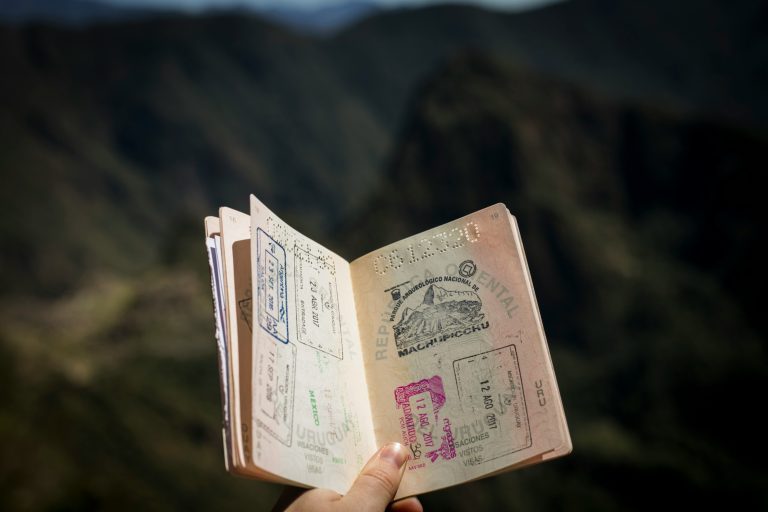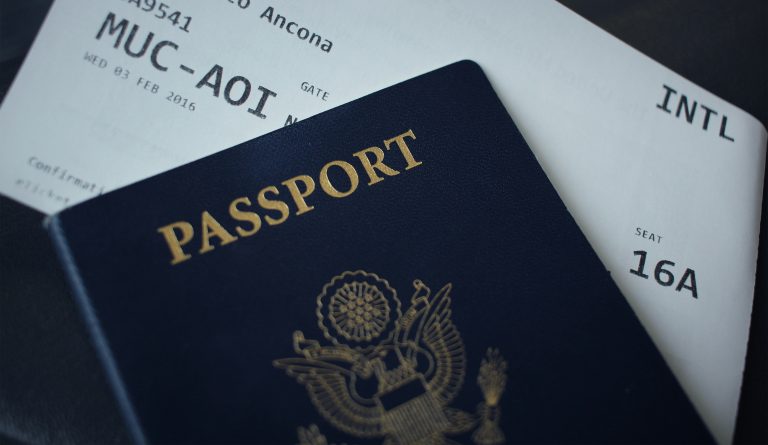Employer’s Guide to Work Permits and Visas in Italy


For many companies looking to expand globally, Italy presents an attractive destination due to its thriving economy, strategic geographic location, and highly skilled workforce. However, navigating the country’s work permit and visa regulations can seem daunting to employers unfamiliar with the system. This comprehensive guide will provide you with an in-depth overview of the different permit types for hiring foreign workers in Italy along with tips and insights to help streamline the application process.
Third-country nationals (those from outside the EU) who wish to work in Italy must first obtain a valid work permit before entering the country or commencing employment. There are a few different permit categories based on the type and duration of work:
- Work Visa (Visto di Lavoro): For employment contracts longer than 3 months but no more than 2 years. Employers must prove they were unable to fill the position with an EU applicant.
- Seasonal Work Permit (Permesso di Soggiorno per Lavoro Stagionale): For specific seasonal jobs ranging 2-9 months in industries like farming, tourism, and construction.
- Border Worker Permit (Permesso di Soggiorno per Lavoratore Frontaliero): For citizens of Switzerland, Andorra, Monaco, San Marino, and Vatican City working within 30km of the Italian border.
The application process involves submitting documentation like employment contracts, vacancy notices, and proof of suitable lodging to the local police headquarters (Questura). It’s crucial all paperwork is handled properly and processing times of 2-3 months should be accounted for.
Many multinational companies rely on being able to temporarily transfer skilled specialists from affiliate offices abroad. Italy offers two visa options specifically for intra-company transfers:
- ITC Visa (Visto per Trasferimento Intracompany): For managerial, executive, or highly specialized roles within a company or group transferred to an Italian entity. It has a maximum duration of 2 years but can be renewed.
- Short-Term Assignment Visa (Visto per Missione): For short business trips, training, or technical assistance stays up to 90 days. No work permit is required for contracts under 90 days.
It’s important to prove the intra-company relationship through documentation of controlling stakes, agreements, financial reports, personnel exchanges, etc. Hiring local talent should still be explored before requesting an ITC transfer.
Launched in 2012, the EU Blue Card aims to attract highly qualified professionals to Europe. In Italy, it provides a unified permit for:
- Third-country nationals with a higher education degree
- A job offer paying at least €2,033.22/month after tax
Processing takes 2-4 months. The initial validity period is between 1-4 years depending on the employment contract length. After 18 months of continuous authorized stay, holders can apply for certain residence permits leading to long-term EU residency rights. Spouses also have access to work authorization in Italy with this permit.
- Ensure all documentation is official, certified translations are provided where needed. Incomplete applications will be rejected.
- Keep application processing times in mind for project planning and employee relocation. Submit requests at least 2-3 months before starting work.
- Verify the qualifications and validity of any recruitment agencies assisting. Only registered agencies can officially guide applicants or companies.
- Review candidates thoroughly and be prepared to prove no suitable EU workers were available for the role if audited. Placement ads must be translated into Italian.
Maintain regular communication with the relevant police headquarters office. Small errors and missing info can often be easily rectified if found early.
Consider specialized PEO global services with experience handling Italian work permits if the process seems overwhelming. Outsourcing to experts will save time.
In summary, having a clear understanding of the different permit categories and regulations governing foreign workers in Italy gives employers power in attracting global talent legally and efficiently. With diligent preparation and organization, the application journey will go smoothly.
Global People is a leading local employment solutions provider for national and international corporations and can advise and escort you in your next destination.






